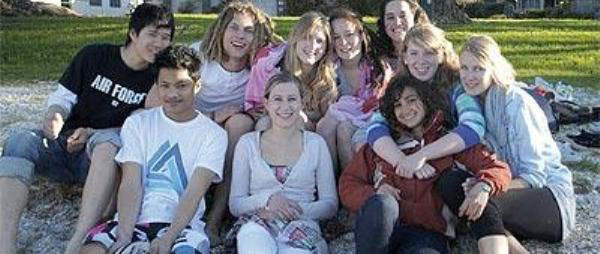
New Zealand, a Commonwealth Realm, under the governorship of England, does not have a written Constitution, but only a corpus of laws and administrative regulations. Therefore, in 2011, a National Advisory Committee, composed of twelve members, was created. By the end of this year, 2013, it will have to submit to the Government proposals and suggestions of the civil society for the drafting of the Constitution or for the definition of the «
basic rules of peaceful coexistence». The New Zealand Bishops’ Conference, presided over by the Archbishop of Wellington, Msgr. John Atcherley Dew, has submitted a proposal for the Preamble.
This proposal of New Zealand’s Bishops is that «Law, contract and economic rationality provide a necessary but not sufficient basis for both the stability and prosperity of post-industrial societies; they must as well be leavened with reciprocity, moral obligation, duty toward community, and trust, which are based in habit rather than rational calculation» and constitute «a nation’s culture».
«Freedom itself is not value-free», write the Bishops. «Truth is not reducible to opinions». «The desire and obligation to seek truth constitute the common ground we need for dialogue».
In defining «the values that bind us together to live in society», and recalling «with gratitude the men and women who have given their lives defending our nation, and other nations against false ideologies, injustice and aggression», the Bishops suggest including in the Charter an explicit reference to the «commitment to justice and peace, truth and reconciliation», which includes the protection of the rights of the “native population” of the Maori, the promotion of the common good and defense of national unity, the creation of social and economic conditions that also help “less able” citizens in their personal development as a contribution to the progress of the entire society. The Church of New Zealand recalls the shared values that are to be enshrined in the Constitution: «the responsible exercise of freedom, the experience of solidarity, the creation of equitable opportunities, the practices of forgiving and compassion within social relationships and economic life, and the respect for the planet».
«We commit ourselves to nurturing a healthy national culture through respecting the innate dignity of every person, and respect for life», says the document of the proposal, which in its conclusion quotes an old saying in the Maori language: “He aha te mea nui o te ao? He tangata, he tangata, he tangata.”(“What is the most important thing in the world? The person, the person, the person”.)